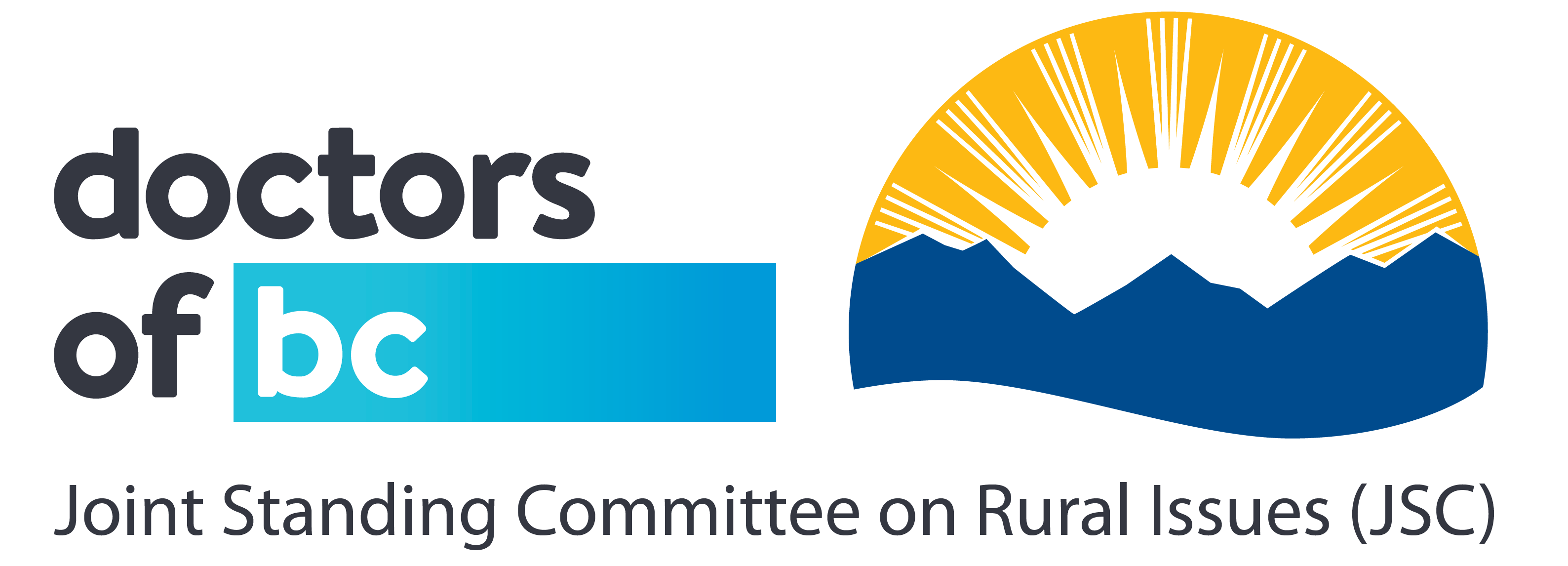Learn tangible trauma-sensitive practices for offering health care rooted in cultural understanding and safety for Indigenous Peoples.
We are delighted to inform you that we are offering a Nawh Whu’nus’en – We See in Two Worlds Level 3 in-person workshop in Nak’azdli/Fort St. James on June 4 (Wed) 1700 PT – June 5 (Thu) 1630 PT, 2025. The workshop is available to health professionals from the Northern Health region and Prince George who have completed Level 1 & 2.
Nawh Whu’nus’en – We See in Two Worlds curriculum introduces trauma-sensitive practices as a basis for offering respectful and appropriate health services for Indigenous peoples. The curriculum recognizes that health professionals and patients work in relationship, and a trauma-sensitive approach can help to build respectful, trusting relationships and connect with one another in a good way.
Nawh Whu’nus’en Level 3 in Nak’azdli/Fort St. James is an in-person continuing professional development workshop consisting of an evening meal/gathering and an all-day workshop the following day. Activities in the workshop will include gentle yoga, art activities, documentary screening, group discussion, storytelling, Elder presentations, gathering plant medicines in the forest, and preparing those medicines in the kitchen. Accommodation and meals will be provided.
College of New Caledonia (179 Douglas Street, Fort St. James)
Within an environment of welcome and hospitality, participants will:
-
Consider Indigenous worldviews regarding the spirituality of, reciprocal relationship with, and stewardship of the Land. Relationships are cultivated not only with our human counterparts but also with the natural world around us.
Evening Event - June 4 (Wed) 1700-2100 PT
Venue: College of New Caledonia (179 Douglas Street, Fort St. James)
Workshop – June 5 (Thu) 0830-1630 PT
Venue: College of New Caledonia (179 Douglas Street, Fort St. James)
Accommodation will be provided as part of this workshop for June 4-5 (one night).
Level 3 workshop is available to family physicians, specialist physicians, nurse practitioners, nurses and midwives in the Northern Interior region and Prince George who have completed the Level 1 and Level 2 workshops.
Elder Clara Jack is a locally-recognized Elder from Nak’azdli, knowledgeable in plant medicine, foraging, and food preservation. She is skilled and experienced in teaching groups and giving presentations including those for School District #91, Indigenous Sport, Physical Activity and Recreation Council, and the First Nations Health Authority. She has many years’ experience and training in Indigenous Land Management. She works as the Guardian Coordinator for Nak’azdli Band where she coordinates and/or attends industry and government field site visits and assessments as requested/required by Keyoh holders, conducts site visits to monitor proposed, current and past activities, supports Keyoh by recording cultural and other site uses, provides contact information for Conservation Officers, and other environmental and other compliance/ enforcement contacts, and oversees student guardians.
Lauren Aldred holds a BC Professional level teaching certificate, is a Mindfulness-Based Ecotherapist (APA Recognized), and holds a Master’s degree from Vancouver School of Theology in Public and Pastoral Leadership. She is currently writing her doctoral dissertation in Land-Based Healing and Wellness through St. Stephen’s College (affiliated with the University of Alberta). She is a writer and artist. Lauren serves on the advisory committee of the Health Arts Research Centre at UNBC. She serves as a worship leader at Our Saviour’s Lutheran Church. Formerly she worked as a private-practice trauma therapist, and as the Manager of Spiritual Health for the Northern Health Authority. In 2023, she was a recipient of a HEAL Grant (Hearts-Based Education and Anti-Colonial Learning). She is a regular workshop and conference presenter. Her cultural heritage is English and mixed non-status plains Indigenous. She has been doing Land-Based Healing and Wellness activities for about 60 years.
Please contact Ievgeniia Rozhenko at ievgeniia.r@ubc.ca with any questions.
Indigenous Patient-Led CPD (IPL) aims to improve Indigenous health outcomes by increasing access to culturally safe care for Indigenous Peoples and communities in BC rural settings. Read more about Indigenous Patient-Led CPD.
The Indigenous Patient-Led CPD project was developed and is operated by the UBC Faculty of Medicine's Division of Continuing Professional Development (CPD) in partnership with the Rural Coordination Centre of BC. Funding for IPL was provided by the Joint Standing Committee on Rural Issues, a joint committee of the Doctors of BC and BC Ministry of Health.
.png)


The Division of Continuing Professional Development, University of British Columbia Faculty of Medicine (UBC CPD) is fully accredited by the Continuing Medical Education Accreditation Committee (CACME) to provide CPD credits for physicians. This activity meets the certification criteria of the College of Family Physicians of Canada and has been certified by UBC CPD for up to 9.5 Mainpro+® Certified Activity credits. Each physician should claim only those credits accrued through participation in the activity.